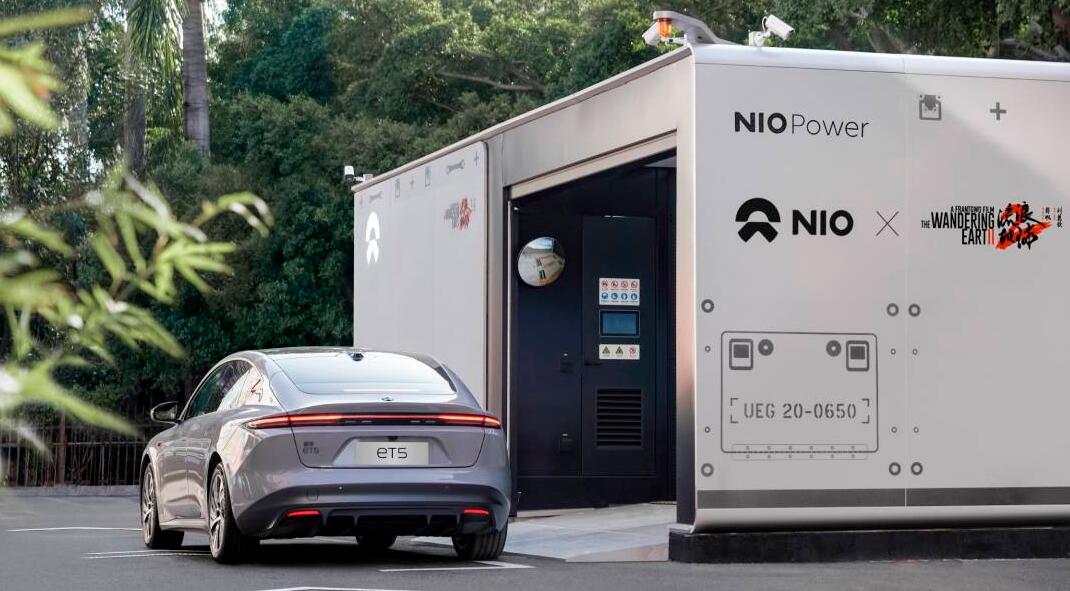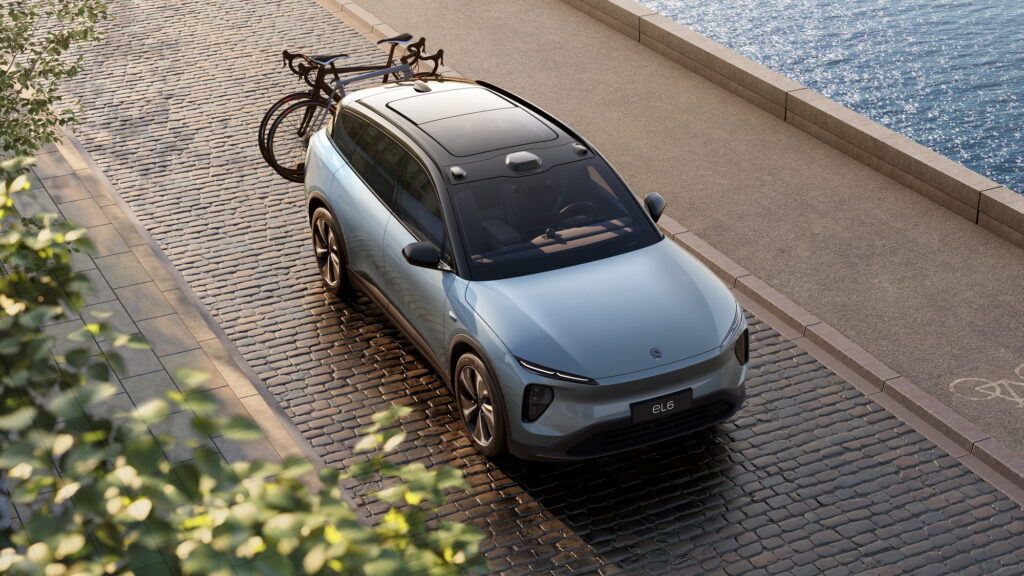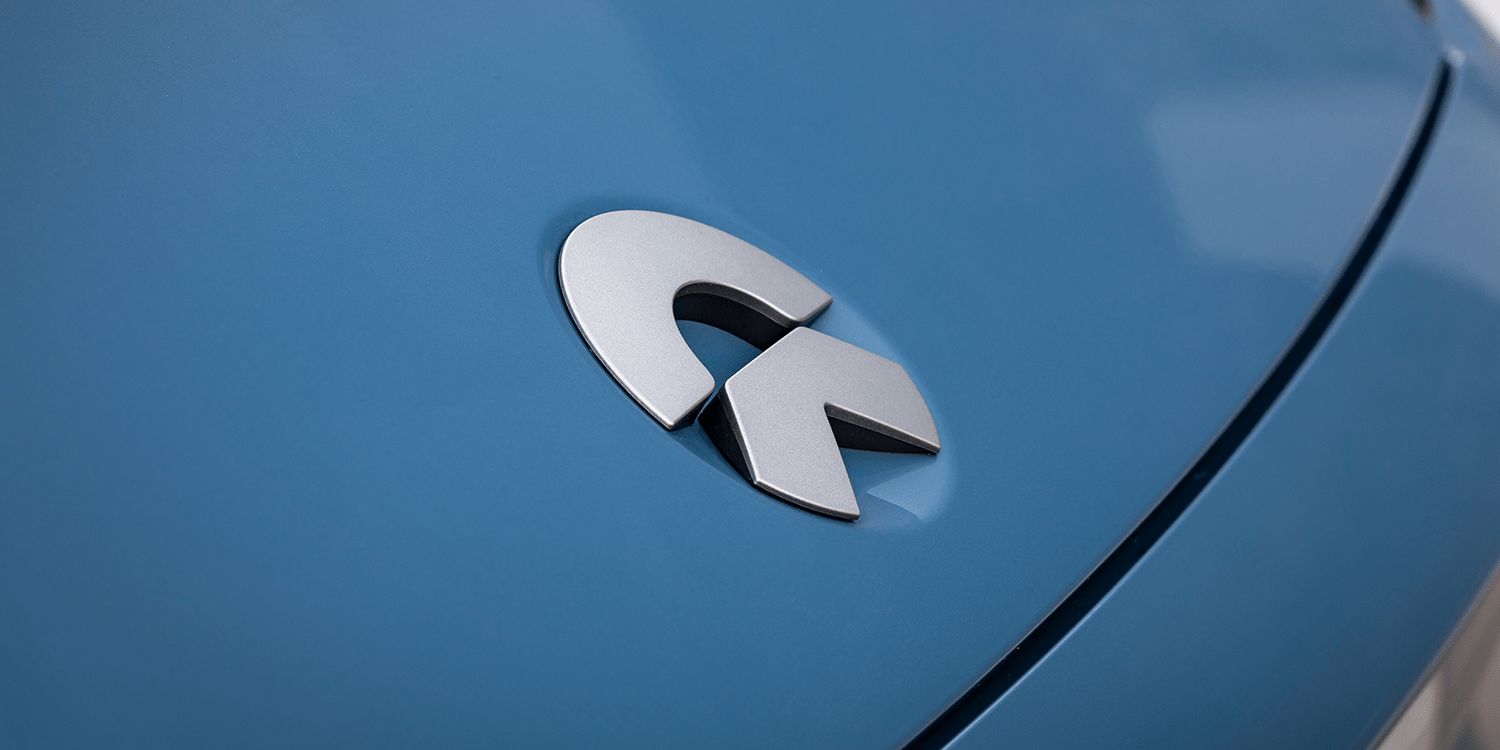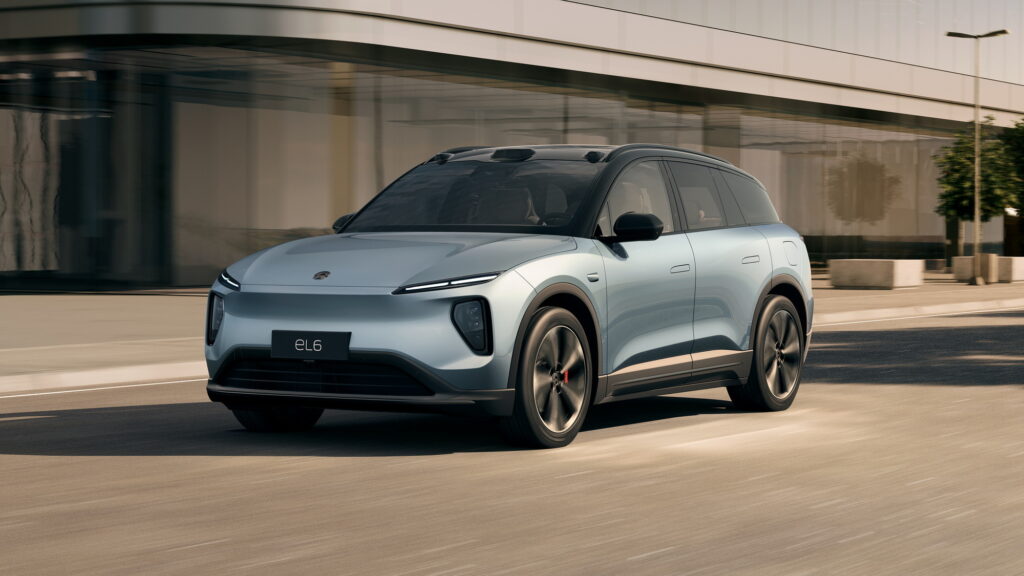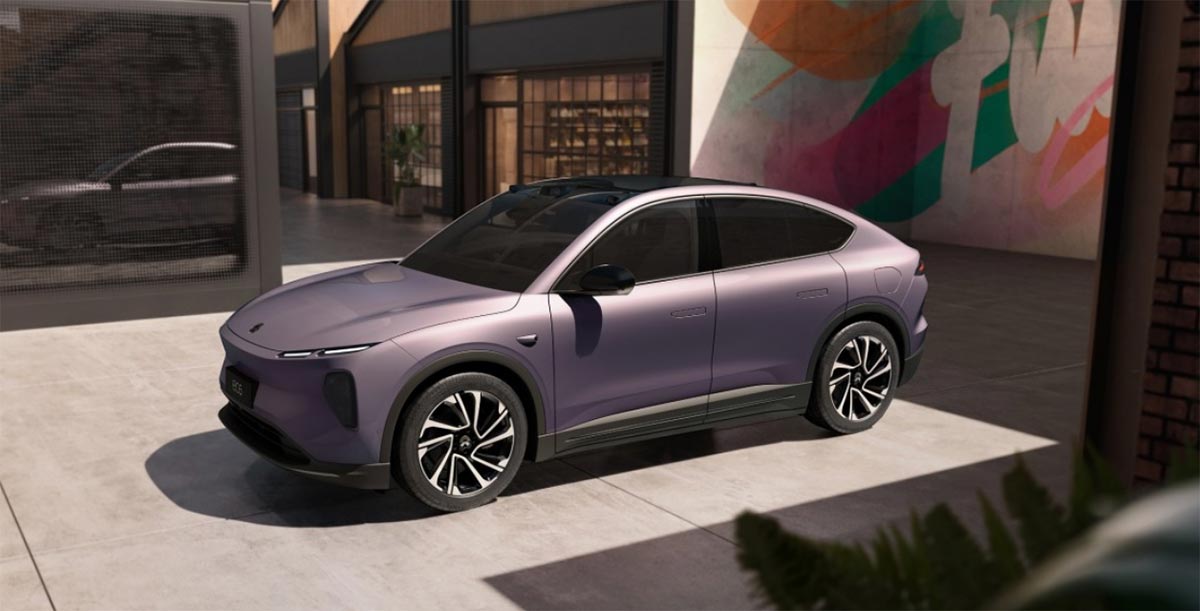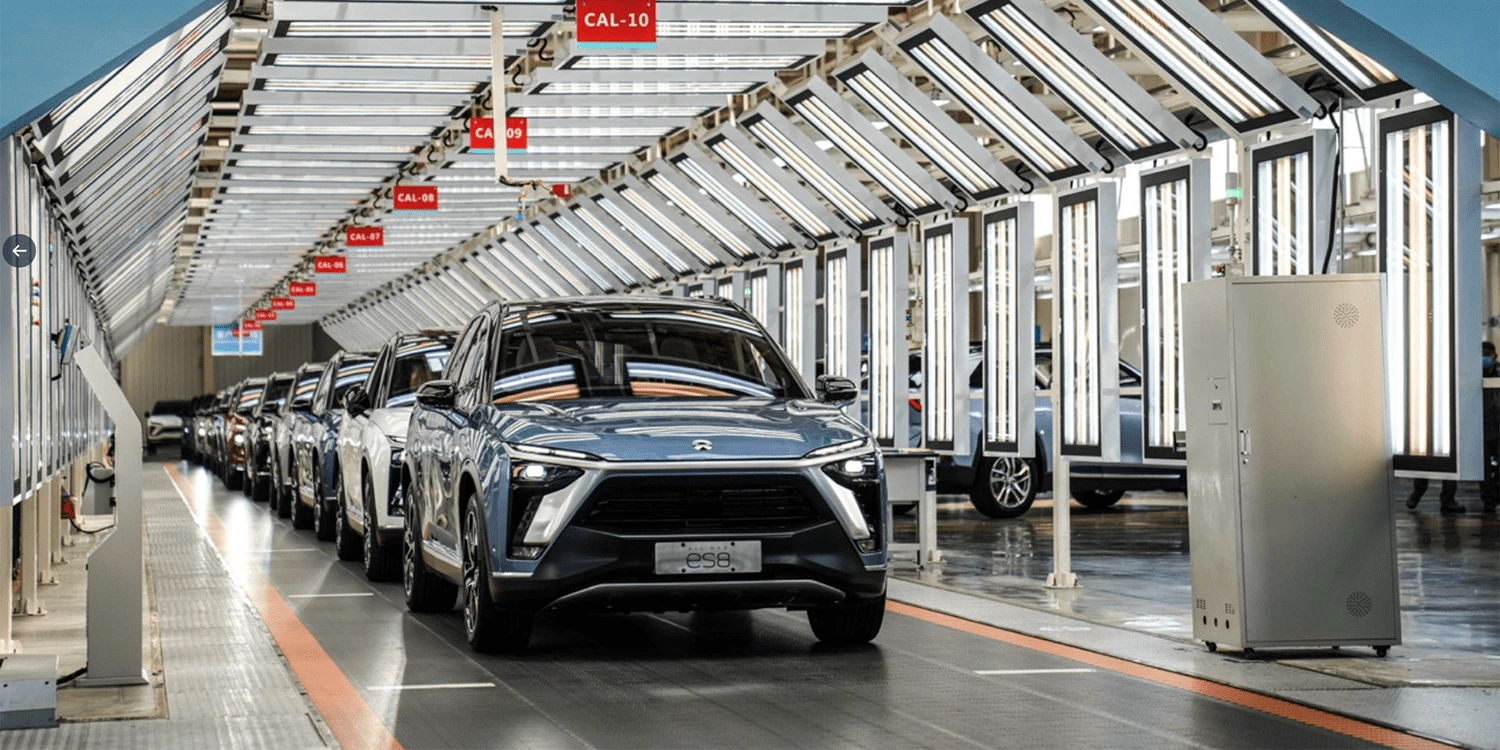Chinese automakers Nio and Zhejiang Geely Holding Group announced on Wednesday a collaborative effort in the realm of battery swapping, solidifying their partnership through a strategic agreement. Geely, known for its diverse range of brands from Volvo to Zeekr, becomes the second automaker to engage in a battery swapping alliance with Nio, following Nio’s recent collaboration with Changan Automobile.
The focus of this partnership lies in the joint development of standards, technology, and vehicle models related to battery swapping. This cooperative venture, as described by both companies, will involve a “co-investment, co-construction, shared, co-operative” model. The primary objectives include establishing an efficient battery asset management mechanism, creating a unified battery swap operation, and developing vehicles that are compatible with each other’s battery swap systems.
For Nio, a notable player in the electric vehicle (EV) market, this collaboration aligns with its ongoing efforts to reduce costs and enhance profitability. The company has recently taken steps such as workforce reduction and deferred long-term investments in response to heightened competition, particularly after Tesla initiated a price war earlier in the year.
Battery swapping technology enables drivers to replace depleted battery packs swiftly with fully charged ones, bypassing the need for traditional charging infrastructure. While it has the potential to alleviate strain on power grids during peak times, industry analysts and executives underscore the necessity of standardized batteries for widespread feasibility.
Nio, with plans to nearly double the total number of battery swapping stations in China this year, is among a select group of EV manufacturers betting on this technology as a significant power option for EVs. Geely, with an ambitious target to establish 5,000 battery swapping stations globally by 2025, currently operates 300 stations and intends to continue building them independently as well as in collaboration with Nio.

